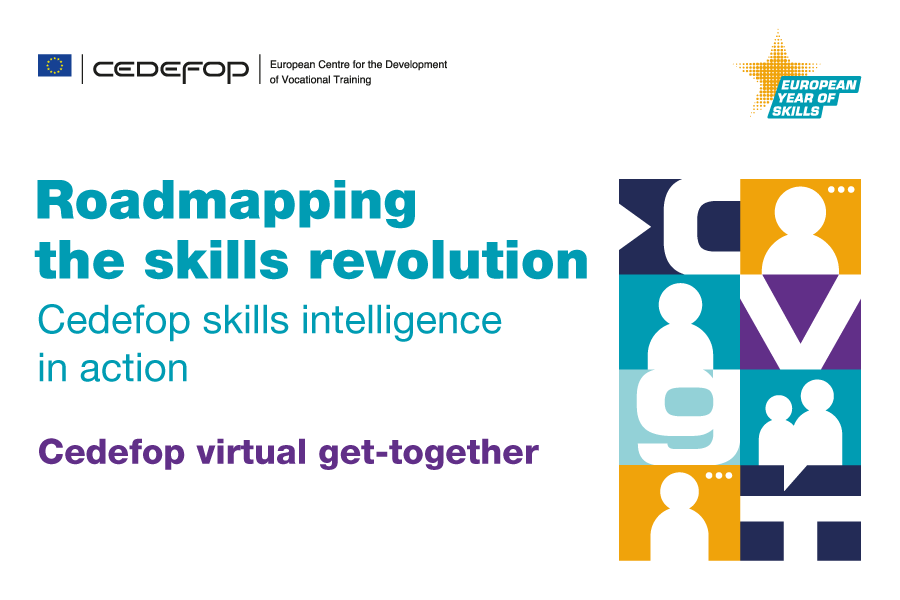Cedefop's improved skills intelligence tool provides a wealth of high-quality data to policy-makers, facilitating optimal, evidence-based, decision-making.
Skills intelligence is the cornerstone of designing policy on skills and jobs for individuals, organisations, cities, regions and countries.
Building on over a decade of experience in developing and disseminating skills and labour market analysis, Cedefop marks the European Year of Skills with its upgraded skills intelligence tool, which brings together various strands of the Agency’s analytical and research work. The tool will be presented at a dedicated online event on 11 March.
With the tool, Cedefop aims to provide better and more synthetic evidence on current and future skill and labour market trends, using narrative-driven visualisations and concise thematic articles.
The major improvements include new thematic dashboards. These look at trends in employment and skills from different angles, such as digitalisation and technology, future employment trends, skills and learning and hiring and contract developments.
All in one place
The power of Cedefop's skills intelligence lies in the meaningful connection of all the relevant content in one place. E.g., the new thematic dashboard on digitalisation and technology features four key facts and eleven visualisations based on seven indicators coming from four different datasets; five data insights; five publications; and links to four other dashboards.
Data insights, short reports on skills-related topics, are now organised in thematic collections with improved layout, while 62 new or updated insights were added: twenty nine new reports on skills anticipation in European countries cover key elements, such as methods and tools, governance, and target groups. New occupation data insights explore skills and employment trends and challenges in 33 occupations; as well as suggestions and examples of VET responses.
New indicators
The revamped tool is also enriched with a new section on indicators, such as future employment growth, unemployment rate, or digital skills level, from which the thematic dashboards are developed.
The skills intelligence tool is a pinnacle of Cedefop’s work on skills and labour market analysis. Behind its reports and visualisations that get a lot of attention from all kinds of users, lie extensive and exacting work: from designing research ideas and data collection to quality control and user testing.
Finding ways to move the development of skills intelligence forward, reflect on challenges in analysing, providing, and using data and qualitative information in various organisational settings will be the focus of Cedefop’s upcoming virtual get-together on skills intelligence on 11 March.
Register here to attend and contribute to discussions between Cedefop experts, representatives of key stakeholders and users of skills intelligence.


